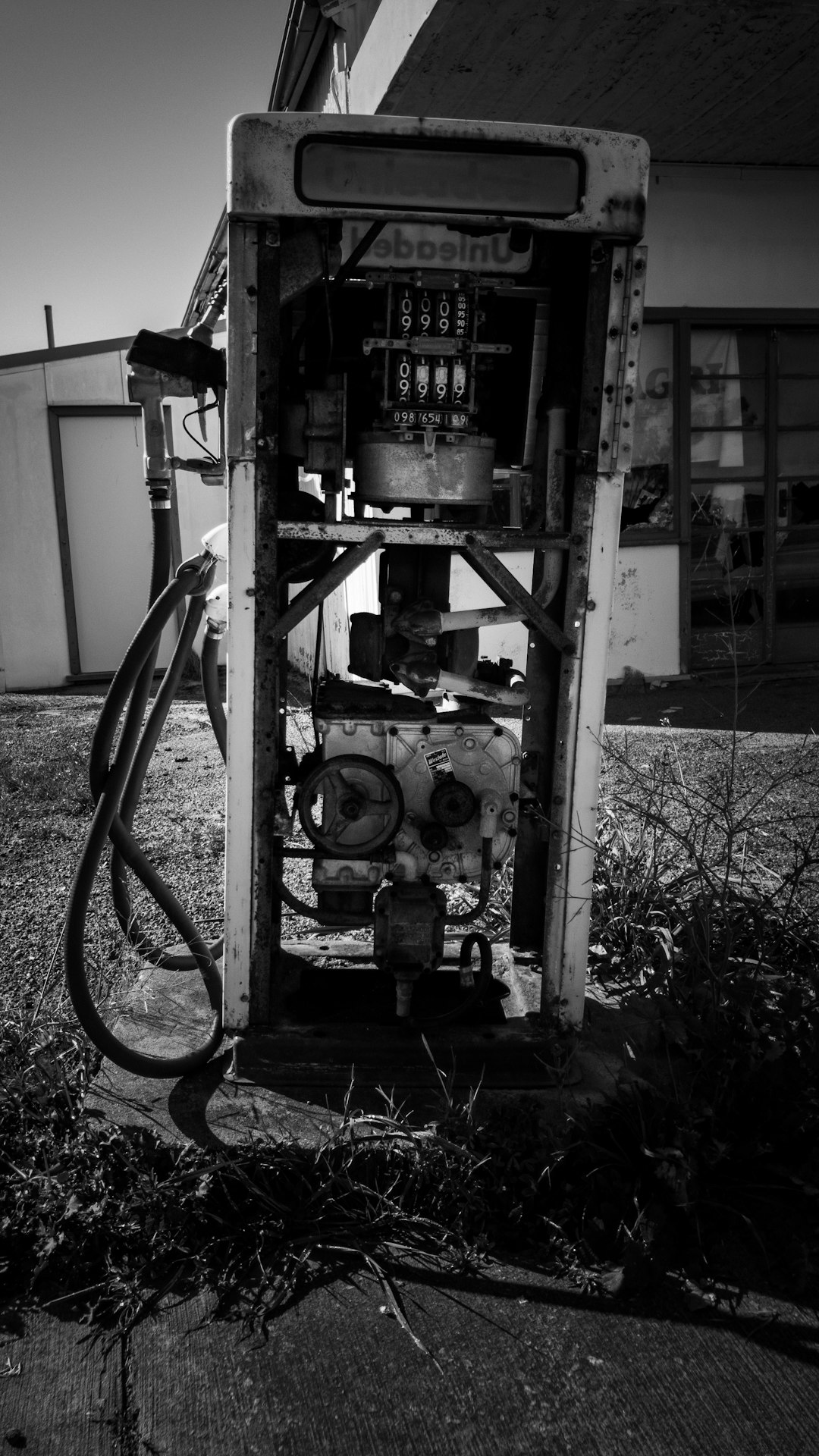To curb the spread of the novel coronavirus, the government of Ohio issued a stay-at-home order in March 2020, leading to a telecommuting surge in the state. While this helped a great deal in preventing the spread of COVID-19 in Akron and other cities, the local municipalities faced a major dilemma in collecting taxes. Specifically, it was difficult to decide whether those working from home should continue paying income taxes even though their offices are non-operational. However, the Ohio Governor Mike DeWine signed a coronavirus relief bill, which required the citizens working from home to continue paying income taxes. This resulted in a public outcry that led to three employees filing a lawsuit. Here is more information on the Akron local tax issues.
Unfair Taxation
Ohio levies income tax depending on where a taxpayer resides and works. For instance, if you live in one city and work in another, you’d have to pay tax in both cities because you’d using amenities in both cities. When the COVID-19 pandemic hit, most people stopped commuting to work, and this meant that those working in different cities no longer needed to pay commuter taxes. However, when House Bill 197 came into play, even those working from home had to pay municipality income taxes. A majority of Ohio citizens feel like this taxation is unfair to them considering they are not using the amenities they are paying taxes for. On the other hand, the municipal governments say that there’s still a need for taxes since the cities have to run as usual. For instance, they still have to offer firefighting services, security, clean cities, response services, and create employment for their inhabitants. Considering Ohio gets more than 85% of her revenue from income taxes, there may be disruption of operations if citizens don’t pay taxes.
So far, the case opposing the commuter tax law is still in court. Additionally, some Republicans from the House and the Senate agree that this law is unfavorable, and are also working on different bills to eliminate it. However, the cities insist that the taxation law is both necessary and just.
Conclusion
This is how the COVID-19 pandemic and the stay-at-home rules have disrupted the Akron local tax as well as taxation in other Ohio cities. Although the courts may manage to resolve the taxation cases at hand, the future holds an even bigger taxation dilemma considering people may continue working from home even after the pandemic ends.











